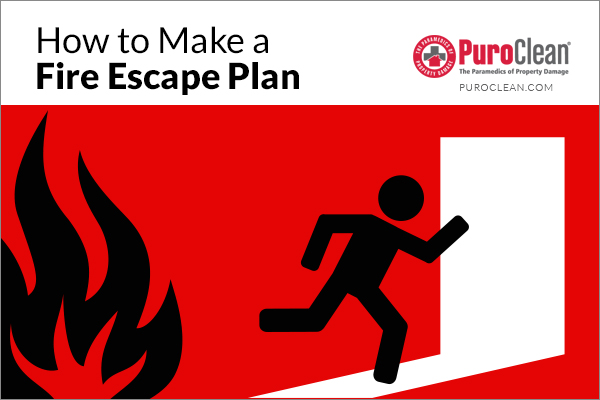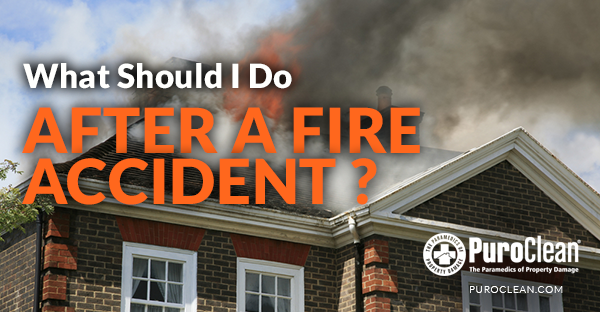 According to a National Fire Protection Association (NFPA) survey, only one of every three American households have developed and practiced a home fire escape plan. One-third of American households who made an estimate thought they would have at least 6 minutes before a fire in their home would become life-threatening. The time available is often less than that. And only 8% said their first thought on hearing a smoke alarm would be to get out!
According to a National Fire Protection Association (NFPA) survey, only one of every three American households have developed and practiced a home fire escape plan. One-third of American households who made an estimate thought they would have at least 6 minutes before a fire in their home would become life-threatening. The time available is often less than that. And only 8% said their first thought on hearing a smoke alarm would be to get out!
Considering these alarming statistics, we strongly advise you to read the following points and plan your fire escape in advance. If a fire breaks out in your home, you may have only a few minutes to get out safely once the smoke alarm sounds:
- Go outside to see if your street number is clearly visible from the road to ensure that responding emergency personnel can easily find your home.
- Inspect all possible exits and escape routes in your home. Draw a floor plan of your home, marking two ways out of each room, including windows and doors. Also, mark the location of each smoke alarm.
- Make sure all doors and windows leading outside open easily.
- Have an outside meeting place (like a tree, light pole, or mailbox) a safe distance from the home where everyone should meet. Make sure to mark the location of the meeting place on your escape plan.
- Remember to close all doors on your way out; this slows the spread of fire, giving you more time to safely escape;
- Practice your home fire drill at night and during the day with everyone in your home, twice a year.
- Teach children how to escape on their own in case you can’t help them.
- When a smoke alarm sounds, get out immediately. Do not go back inside under any circumstances. Residents of high-rise and apartment buildings may be safer “sealing themselves in for safety“ (see below).
- Be prepared to escape under toxic smoke if necessary. When you do your fire drill, everyone in the family should practice getting low and under the smoke, moving towards the exit.
- Practice “sealing yourself in for safety” as part of your home fire escape plan, in case smoke or fire would prevent you from exiting your home or apartment building. Close all doors between you and the fire. Use duct tape or towels to seal the door cracks and cover air vents to keep smoke from coming in. If possible, open your windows at the top and bottom so fresh air can get in. Call the fire department to report your exact location. Wave a flashlight or light-colored cloth at the window to let the fire department know where you are located.
- Make arrangements in your plan for anyone in your home who has a disability.
- Tell guests or visitors to your home about your family’s fire escape plan. When staying overnight at other people’s homes, ask about their escape plan. If they don’t have a plan in place, offer to help them make one. This is especially important when children are permitted to attend “sleepovers” at friends’ homes.



 PuroClean of Aventura
PuroClean of Aventura